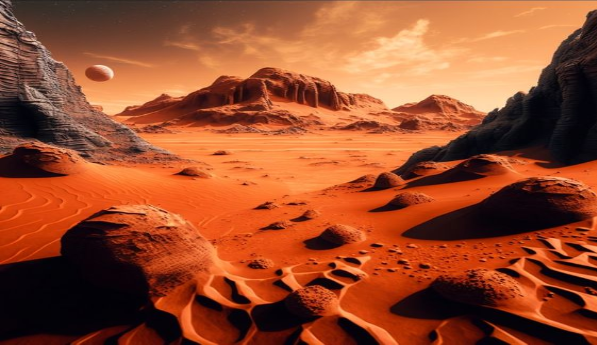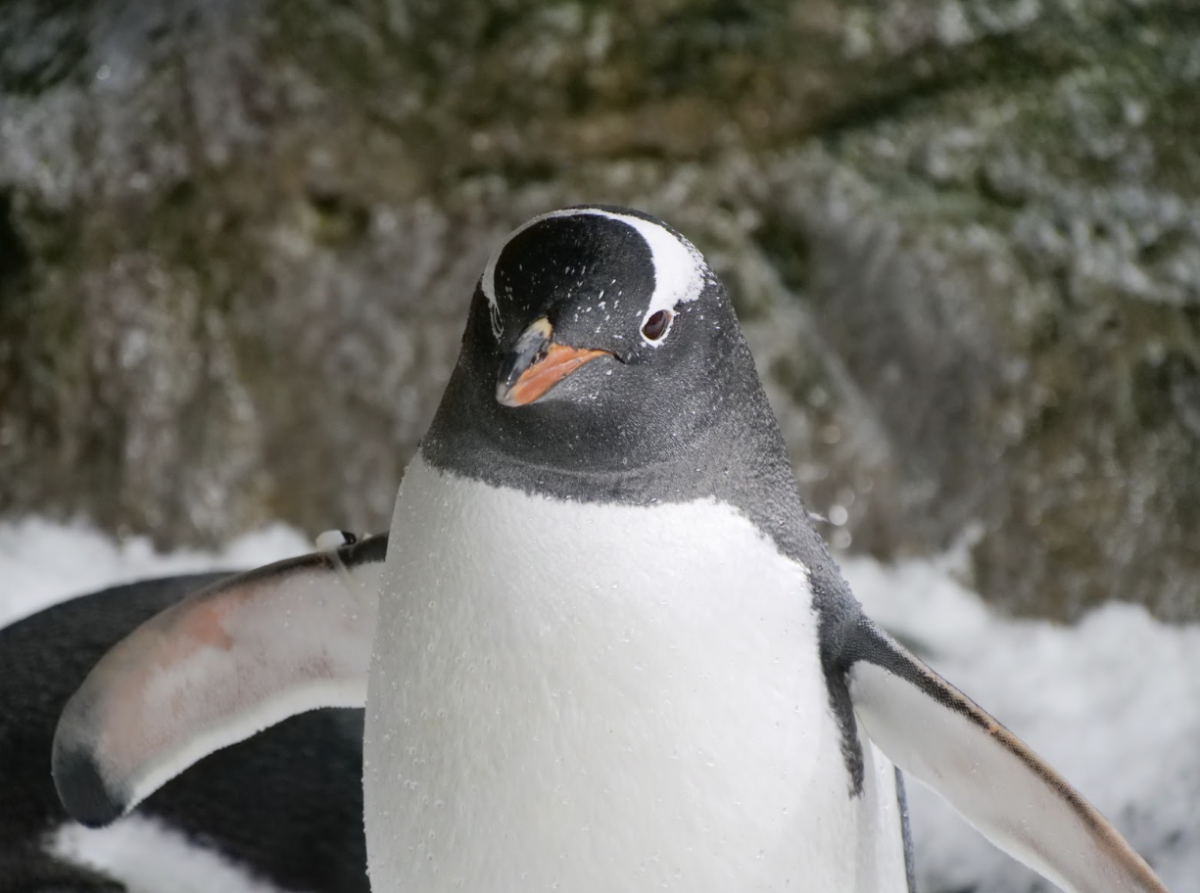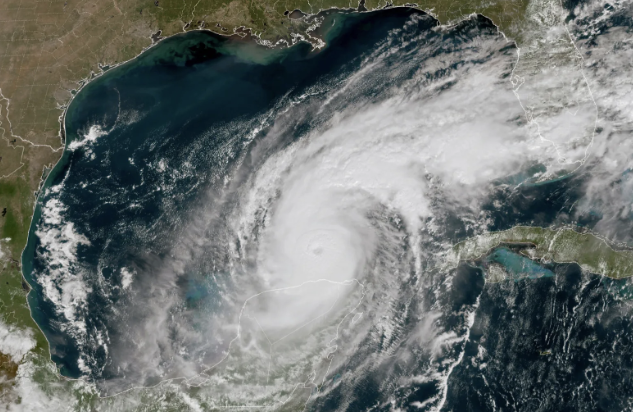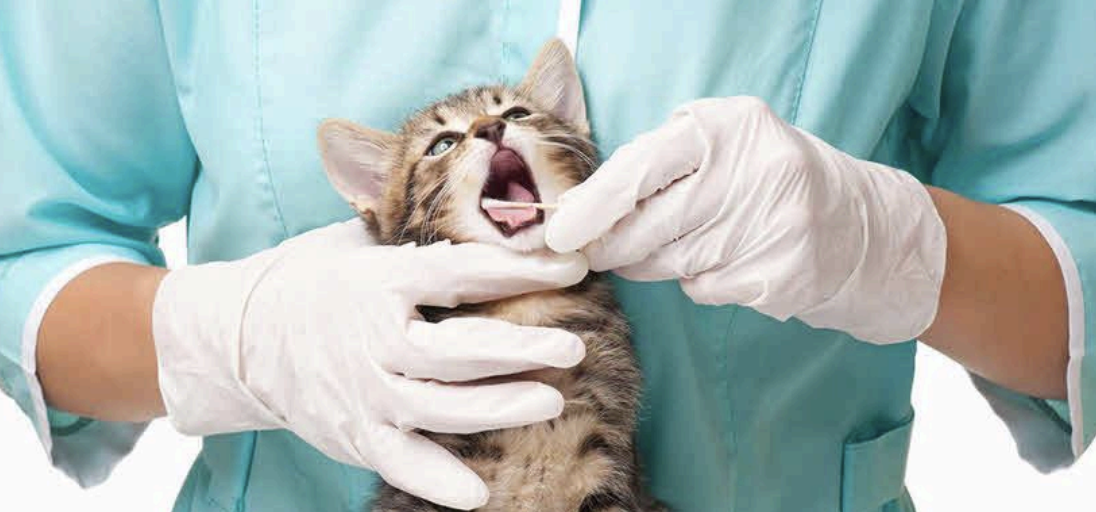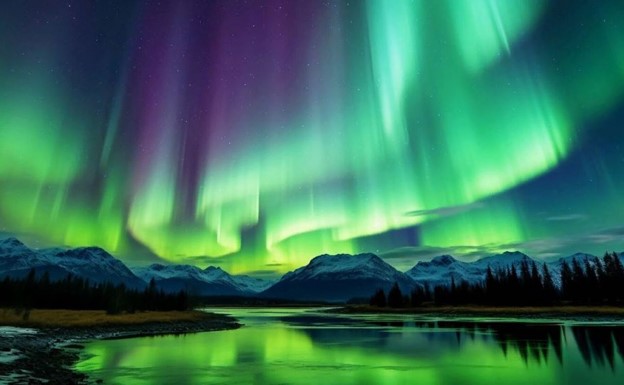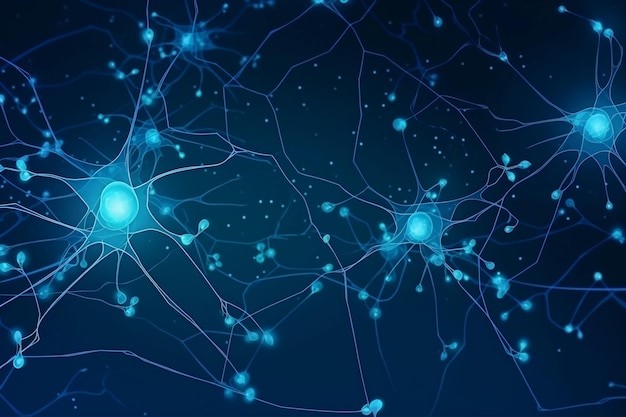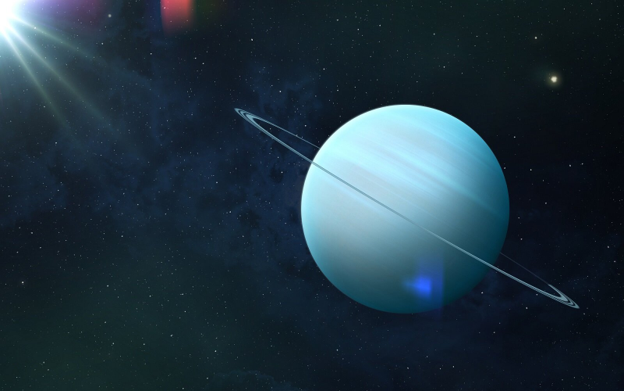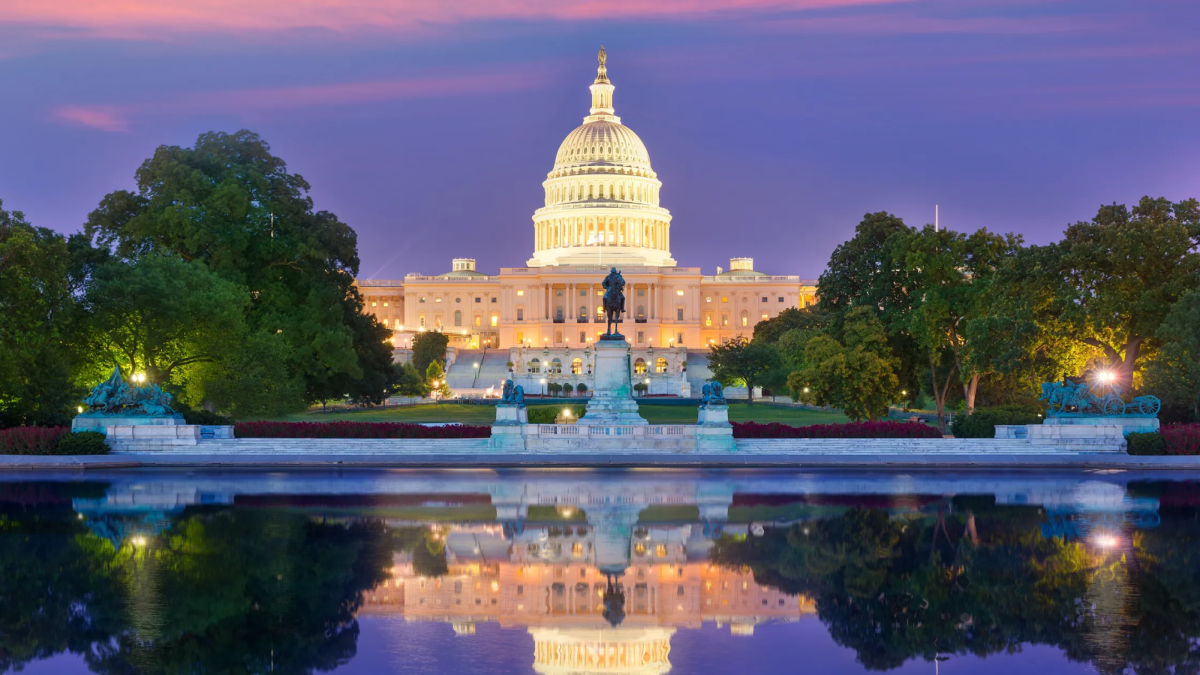Mars has long captured the imagination of researchers as a planet that may have harbored alien life in the past.
New research proposes an interesting explanation for this: Martian life could have extinguished itself. In recent years we have heard a lot about human-caused climate change, and the threat it poses to our way of life on Earth in general.
Venus, Earth’s sister planet, is an excellent example of where such changes could lead. At one point, according to specialists, Mars probably had similar environmental conditions to our planet and harbored similar life forms—microbes, like those that thrived in Earth’s primordial oceans.
Some of the earliest forms of life on Earth were microbes known as hydrogenotrophic methanogens, creatures that “ate” carbon dioxide (CO2) and hydrogen (H2) from the atmosphere, releasing methane gas (CH4) in return.
They were quite successful, colonizing all the planet’s oceans and draining almost all the hydrogen from the air. By comparison, hydrogen made up about 0.01-0.1% of the atmosphere in their time. Today, it is barely present at around 0.00005%. Over time, they released huge amounts of methane, a powerful greenhouse gas, into the air.
This was actually beneficial; at that time, the Sun was less bright than it is today, and methane helped keep Earth’s temperatures stable and comfortable despite our star’s lower energy output.
As such, these early methanogens set the stage for life to develop and further evolve on the planet. This point of view, according to which life creates and perpetuates the conditions for a self-regulating system that favors the development of other forms of life, is today included in the hypotheses of specialists.
But on Mars, life may have had the opposite effect. Instead of creating the conditions it needed to further develop, the appearance of life here actually led to its demise. As we saw earlier, hydrogen is a very strong greenhouse gas in an atmosphere that is initially rich in CH4. By consuming CO2 and H2 and releasing CH4, Martian microbes would actually have helped cool the planet by decreasing the atmosphere’s ability to retain heat.
The team estimates that such microbes could have lowered the planet’s surface temperatures by several tens of degrees. On the one hand, this would have increased the ice cover, making the planet less viable for microbes to inhabit. On the other hand, it would have pushed these organisms deeper and deeper into the crust, fleeing from the cold surface; over time, this would have cut off their gas supply, causing them to ‘starve’.
Sources and Recommended Reading:
https://theconversation.com/mars-could-life-itself-have-made-the-planet-uninhabitable-193137
https://www.inverse.com/science/mars-could-life-itself-have-made-the-planet-uninhabitable


